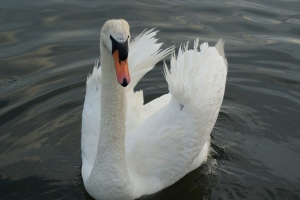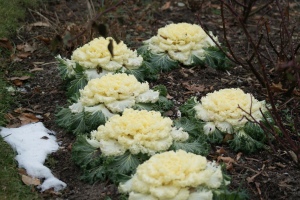
The sound of S
The sound of S is generally a sibilant or hiss, similar to a soft C.
salmon
silly
situations
super
Exception
Sometimes the letter s takes on the sound of sh.
measure
sugar
Exception
Sometimes the letter s takes on the sound of z. Words ending in —ise, —ize, and —yse or —yze have the same zee sound. The following words are always spelled with an —ise ending.
advise
arise
clockwise
exercise
revise
Note
Some words are invariably spelled with —se, some with —ze. There are others where the —se ending is preferred in the UK, and the —ze ending in the USA. Canadian English is variable. Use only one dictionary to maintain consistency in the way you spell these words.
agonise [UK]; agonize [US and Oxford English Dictionary]
analyse [UK]; analyze [US]
catalyse [UK]; catalyze [US]
dialyse [UK]; dialyze [US]
paralyse [UK]; paralyze [US]
standardise [UK]; standardize [US and OED]
Special reading assignment
- Horse seven from race six was scratched.
- Cirrus clouds scudded across the sky.
Note
If you like swans, you may like this book, available on Amazon Kindle:
Fifty Shapes of Swan: A Natural History in Photos.








